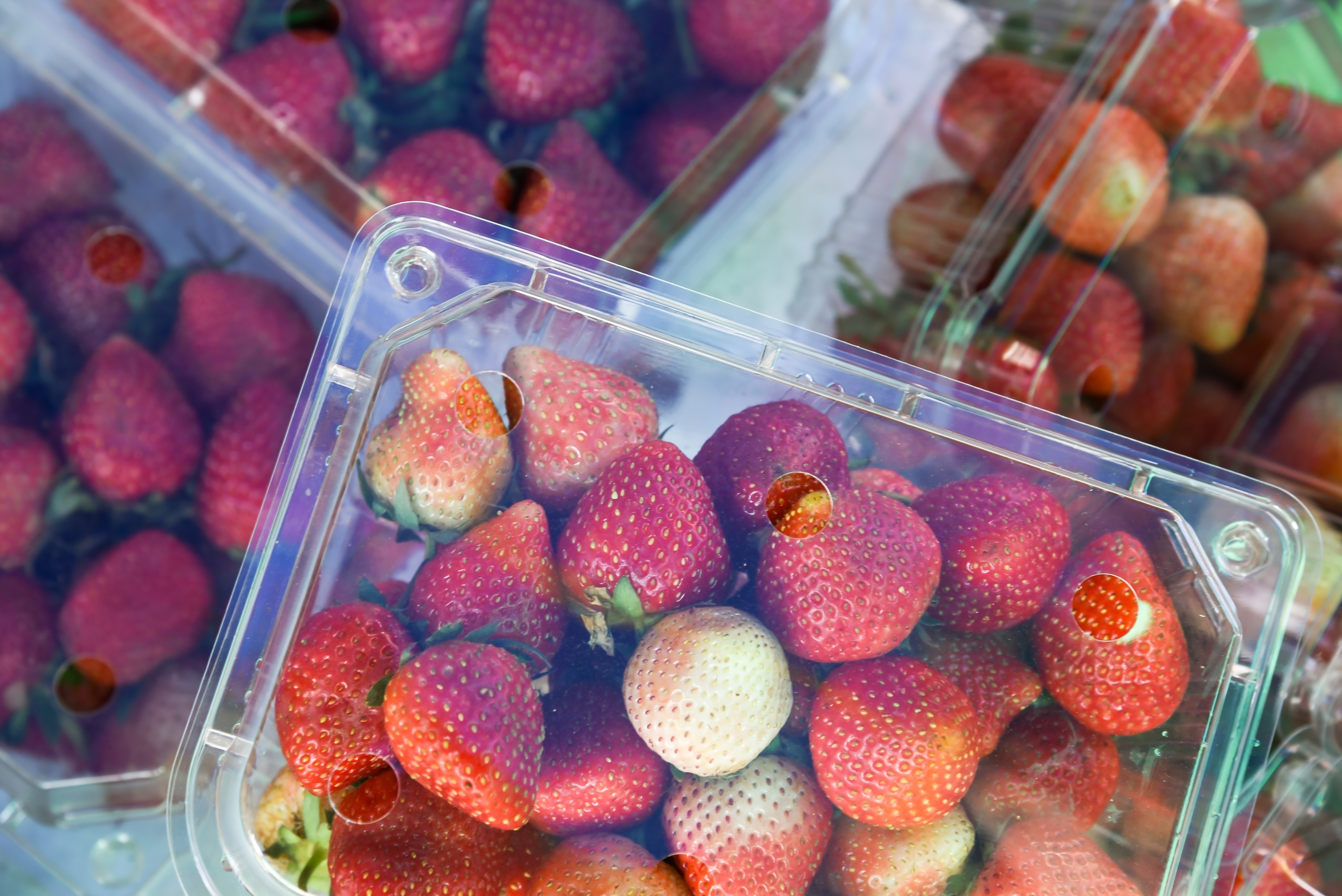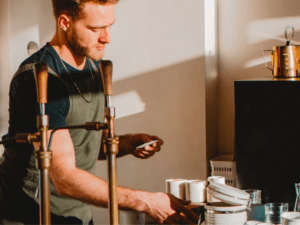Washington State lawmakers are considering a hardline measure that would force companies to take responsibility for plastic waste or forgo using it at all.
The bill would require some companies to join a plastic packaging stewardship organization by 2022 or be forced to refrain from using packaging made in whole or in part from plastics, The Daily Intake reports.
The legislation would apply to “producers of plastic packaging,” which are specifically defined as companies that have legal ownership of the brand using or applying plastic packaging, are the first importers of the product into the state, sell a retail product that bears plastic packaging, or otherwise assumes responsibility for the product.
If the bill is approved, the newly-created stewardship organization would be required to create a comprehensive plan including the types of plastic covered by the program, an investigation into the amount of plastic litter found in public places, and a survey of the amount of plastic waste that is collected in through recycling efforts.
Potential for Tech Startups?
Food waste is a hot topic, and the increased attention on the amount of food we throw away has trickled into other segments of the food supply chain, including plastic packaging. Major food players like DuPont and Aldi Nord have started plastic-reduction initiatives, while the Sustainable Packaging Coalition launched to help them locate the resources and tools they need to make meaningful progress.
Now, Washington State is attempting to put some legal teeth into the fight against unsustainable waste through its law that would require plastic-using companies to join an organization dedicated to learning more about our plastic usage and reducing it, or forgo selling their plastic-wrapped products within its borders.
If the bill passes and other states follow suit, it could create a brand-new wave of opportunity for plastic packaging alternative products, of which there are still very few.
The few existing startups poised to take advantage of this law including compostable food packaging startup TIPA, seaweed-based edible utensil maker Loliware, and earth-friendly patented polymer developer US Bioplastics. But it could signal the creation of more startup businesses focused on creating new alternatives and exploring new technology-driven alternatives to plastic like squid ink.
This bill is the first of its kind at the state level in the US, but cities have been using laws to ween consumers and companies off plastic bags that are widely used in the retail space while California and Hawaii have imposed statewide bans.
Abroad, countries have imposed similarly harsh efforts against food waste but not necessarily plastic waste. Germany adopted a nationwide recycling law in 1991 that required manufacturers to collect and recycle their packaging after consumers toss it aside. Today, it leads the EU in municipal waste recycling at 66.1% with Austria trailing behind at 56% and Slovenia at 54.1%. Last year, France passed a law that changes how supermarkets approach excess food.
Food waste fighters are likely watching the Washington State legislation closely and would undoubtedly be eager to introduce copycat bills in other sustainably-minded states in order to gain momentum. A similar state-by-state approach is making waves in the farm animal welfare space where several states including California, Massachusetts, and Washington, have enacted laws requiring farmers to provide certain welfare-focused conditions for farm animals like increased space for laying hens and, more recently, a ban on cages altogether.
California’s welfare-focused Proposition 8 survived a Constitutional challenge in Federal Court alleging that the law unfairly discriminated against out-of-state producers, setting a critical precedent for other states interested in adopting similar laws.





